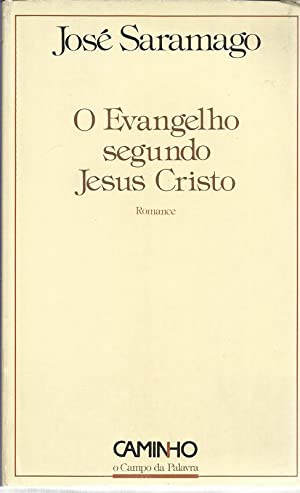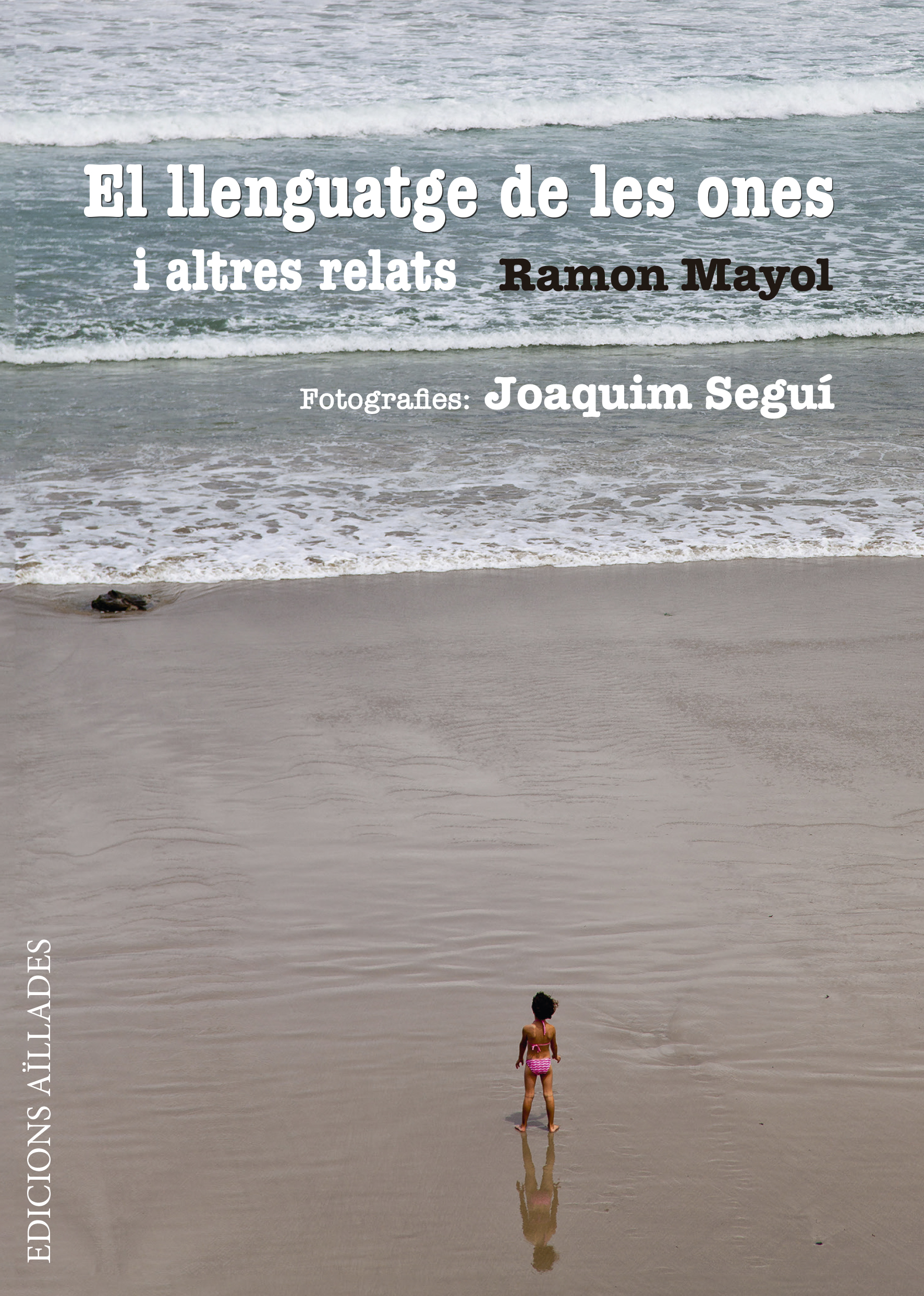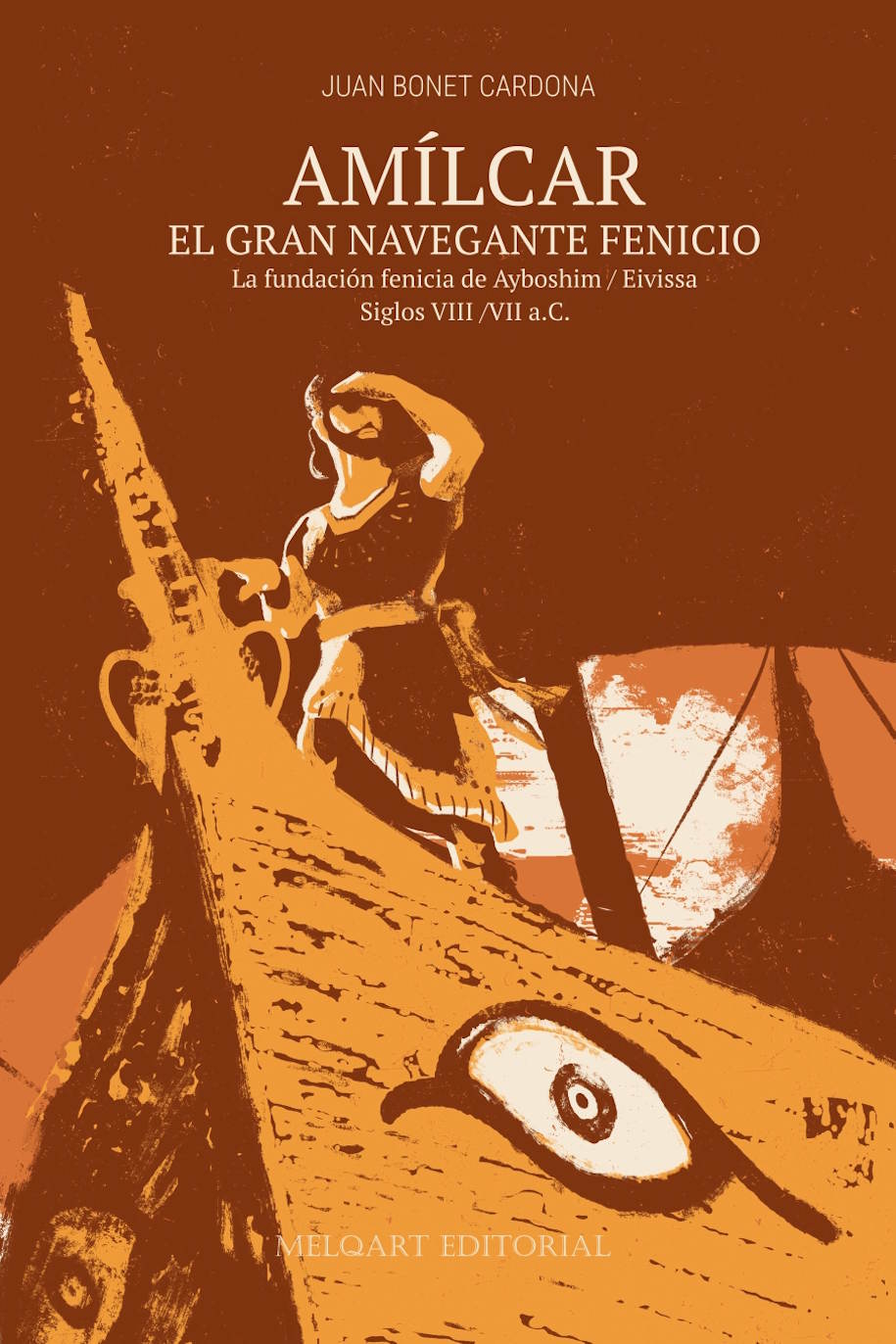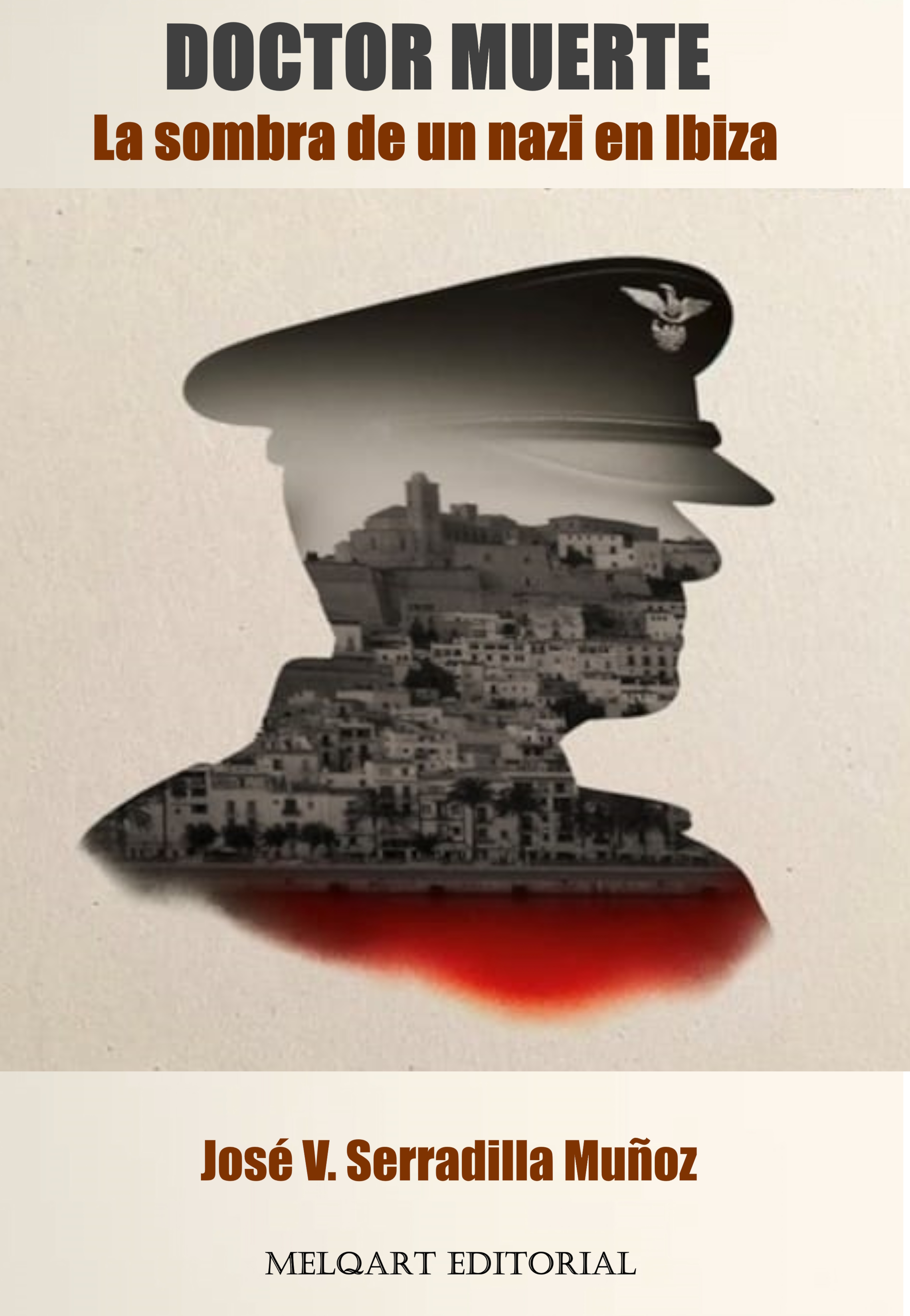JOSE SARAMAGO, ANTONI MARIA ALCOVER I SUREDA
On the occasion of the centenary of his birth, The Can Ventosa Library pays homage this June to José Saramago, writer month.
Biography and literary career
The renowned writer José Saramago was born into a rural Portuguese family on 16 de noviembre de 1922, although he emigrates to the capital, Lisboa, en 1934. Then, twelve years old, dropped out of school and did vocational training in mechanics. It is remarkable that he completed his education completely self-taught.
his first work, the widow (land of sin), was published in 1947, when he was still working as a Social Security official. Nevertheless, The novel went unnoticed by the public and critics. After spending time as a metallurgical worker, finally entered the publishing world, where he worked mainly as a translator and critic. Is in 1966 when he publishes his second work, Possible poems.
After leaving the publishing house where he worked, entered the journalistic world, where he published articles of a political nature and criticism of the political situation in Portugal. It is during the decade of the 80 when he published the novels that would determine his style and establish him as one of the best writers in Portuguese. Is about Lifted from the ground (1980), Convent memorial (1982), The year of Ricardo Reis' death (1984), The stone raft (1986) e History of the siege of Lisbon (1989).

Cover of The Gospel according to Jesus Christ, Saramago's most controversial work
After a scandal with the Catholic Church over his novel The Gospel according to Jesus Christ en 1992, He leaves his country and goes to Lanzarote, where he would live until his death. en 1998, Saramago received the most important award for a writer, the Nobel Prize in Literature.
Ideas and character of his works
Saramago's works are marked by the author's atheistic and anticlerical ideas.. As his fame increased, made his criticisms of capitalism and globalization more frequent. Saramago bet, in the name of a not very delimited Iberianism, for the idea of the union of Portugal and Spain.
The Can Ventosa Library offers many of Saramago's prose works in translations into Spanish and Catalan..
By Maite Vallejo
ILLES.CAT
Online literary platform









